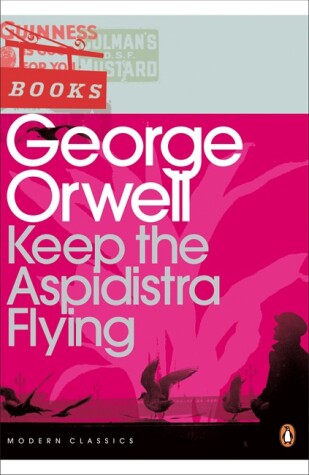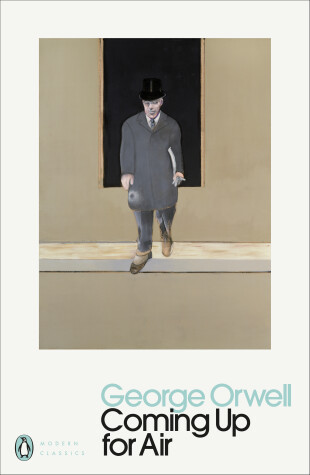Harvest Book
3 total works
Volume 3 of The Complete Works of George Orwell
No one has ever been as severe as George Orwell himself as to the merits of A Clergyman’s Daughter. He didn’t want this, his second novel, reprinted and he had, he once said, ‘made a muck of it’. Orwell’s disenchantment may in part stem from the way the book was – to use his favourite word for this process – ‘garbled’ during its passage from the typescript to print. Thus A Clergyman’s Daughter became for him a deformed child: others also ‘made a muck of it’.
Although it is generally agreed that Orwell did not effectively reconcile the sections of this novel, the development of the narrative was greatly hindered by the effects of censorship. This arose from the publisher’s understandable fears at the time that the book as submitted would lead to actions for libel, defamation and obscenity. In consequence, many pages were ‘toned down’ (again, Orwell’s words), what was specific was made vague and unlocalised, and Dorothy’s crucial loss of memory left unexplained.
The discovery of details of cuts and changes required – most important of which is Mr Warburton’s attempt to rape Dorothy – make it possible to assess A Clergyman's Daughter afresh. Some passages can be restored precisely; whole areas of change can be identified though not restored. As a result, Dorothy’s ‘little odyssey’, her loss of faith and her subsequent resigned acceptance of her lot, can at last be read with a far clearer understanding of what Orwell intended. No one who reads A Clergyman's Daughter can ever regard the plight of those who exist homeless and adrift in a great city in the same way again, especially in the bitter cold of winter. Here Orwell is unforgettable: nowhere else does he write with quite such poignancy.
Gordon Comstock loathes dull, middle-class respectability and worship of money. He gives up a 'good job' in advertising to work part-time in a bookshop, giving him more time to write. But he slides instead into a self-induced poverty that destroys his creativity and his spirit. Only Rosemary, ever-faithful Rosemary, has the strength to challenge his commitment to his chosen way of life. Through the character of Gordon Comstock, Orwell reveals his own disaffection with the society he once himself renounced.
Enlivened with vivid autobiographical detail, George Orwell's Keep the Aspidistra Flying is a tragically witty account of the struggle to escape from a materialistic existence, with an introduction by Peter Davison in Penguin Modern Classics.
George Orwell's paean to the end of an idyllic era in British history, Coming Up for Air is a poignant account of one man's attempt to recapture childhood innocence as war looms on the horizon.
George Bowling, forty-five, mortgaged, married with children, is an insurance salesman with an expanding waistline, a new set of false teeth - and a desperate desire to escape his dreary life. He fears modern times - since, in 1939, the Second World War is imminent - foreseeing food queues, soldiers, secret police and tyranny. So he decides to escape to the world of his childhood, to the village he remembers as a rural haven of peace and tranquillity. But his return journey to Lower Binfield may bring only a more complete disillusionment ...
'Very funny, as well as invigoratingly realistic ... Nineteen Eighty-Four is here in embryo. So is Animal Farm ... not many novels carry the seeds of two classics as well as being richly readable themselves'
John Carey, Sunday Times


